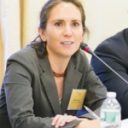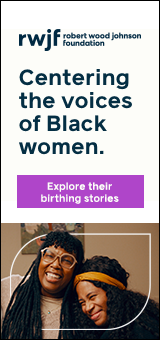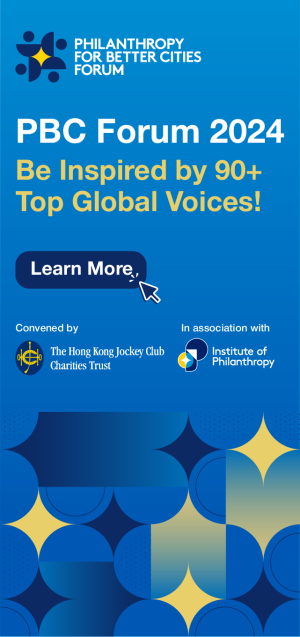Pracademics are simultaneously practitioners and academics. Pracademics document, inform, and analyse practical work with the benefit academic research and theories and vice versa. Pracademics can translate academic theories into actionable findings, help program staff to reflect on their successes and challenges, and inform and improve their work. One doesn’t have to be a full-time academic to be a pracademic, but just bring academic knowledge to practice.
A series of sessions were organised on an emerging profile of pracademics in civil society research at the 16th International Society for Third-Sector Research Conference in Antwerp, Belgium. These sessions came out of conversations among participants about their personal life trajectories at a previous ISTR conference in Sao Paulo, and a forthcoming special issue of Development in Practice will document their experiences.
As a longtime practitioner in philanthropy and civil society who pursued a mid-career PhD, I was gratified to learn this term to explain my career goals. I had returned to academia after working in international philanthropy for over a decade. I felt that a PhD would help me to understand the wider context for my work while giving me the research tools to better document and analyse our successes and failures. My aim was always to return to philanthropy, but better informed and more reflective about my work.
Once in a PhD program, I was given advice and professional development on becoming an academic: on teaching, publishing in journals, and applying for tenure track jobs. PhD programs are traditionally designed to train academics, although given the decreasing number of tenure track faculty positions, these programs increasingly encourage alternatives to academia, or “Alt-Ac”, careers. However, the tenured faculty running PhD programs have increasing teaching loads, pressures to publish, and service requirements, leaving little room for other activities. As a result, they may lack experience in other fields and be unable to advise students how to translate academic experience into careers in policy or practice. When I asked my PhD program for a class on program evaluations to give myself and other students a marketable skill, I was told it was out of focus for the program.
These sessions on the pracademic concept hit me at the right moment. As I finish my dissertation and move into research and consulting, I have set out to define my added value. I realised what I want most to do is to be the space for practitioners to take time out of the daily grind of their work and stop and reflect on their successes and frustrations. When I worked in philanthropy, I saw that the organisations that were able to carve out this space – if even it was just a relaxed lunch or staff meeting on a Friday afternoon – were the ones pushing their goals forward in innovative ways. If I can help activists, advocates, and program staff connect their everyday frustrations with larger challenges and contexts and learn from them, I will help advance their goals.
Raising the profile of pracademics meets a clear need. Friends and colleagues attending the conference were similarly excited to discover the language to describe the life they were already living. PhD classmates of mine have recently turned to expensive career coaches to help them reframe their academic experience to apply for full-time jobs. These sessions and forthcoming articles will give new cohorts of PhD students terminology and citations (the ultimate academic currency) they can use to further their career goals.
Merrill Sovner is an independent researcher and consultant as well as PhD candidate in political science at the Graduate Center of the City University of New York. Read her previous Alliance blogs on using grant data for academic research and reflecting on the long-term impact of philanthropic funding to sustain civil society.




Comments (0)
The concept of "pracademics" resonates deeply with me, as it highlights the valuable intersection between practical experience and academic inquiry, allowing professionals like myself to enhance their work with rigorous research while also translating complex theories into practical, actionable insights.